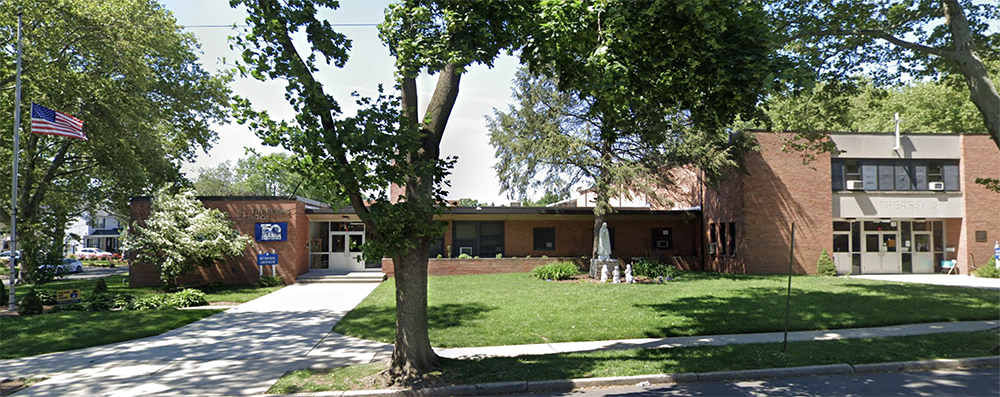
WASHINGTON — In an Aug. 14 ruling, the New Jersey Supreme Court said religious schools can make key decisions about their own internal governance and are not bound by state discrimination laws.
The court’s 5-0 decision echoes other court decisions about how religious schools operate independently. This case ends a nine-year battle involving a teacher who lost her job at St. Theresa’s School in Kenilworth, New Jersey, after telling the school’s principal that she was unmarried and pregnant.
The part-time art teacher, Victoria Crisitello, said in court filings that she lost her job after she had been approached by the school principal about the possibility of working full time. Crisitello said that if she took the job, she would like a raise since she was pregnant and working the additional hours would be taxing.
The principal at the time, Salesian Sister Theresa Lee told the teacher a few weeks after this conversation that she had violated the school’s code of ethics by engaging in premarital sex and could not remain as a staff member.
St. Theresa School is a school of the Archdiocese of Newark that has been run by the Salesian Sisters since the late 1970s.
After the school did not offer Crisitello a new contract because she had violated the previous one, the teacher filed a lawsuit seeking lost wages from the school and punitive damages for emotional distress, alleging that the school violated the state employment law by discriminating against her because of her pregnancy and marital status.
Two trial court judges dismissed Crisitello’s claims, and the state Appellate Division overturned both decisions. The state Supreme Court said the religious tenets exception to the New Jersey Law Against Discrimination allowed St. Theresa’s to require its employees, as a condition of employment, to abide by Catholic law.
The court’s opinion, written by Justice Lee Solomon noted that Crisitello, “a practicing Catholic and graduate of the St. Theresa School, acknowledged that St. Theresa’s required her to abide by the tenets of the Catholic faith, including that she abstain from premarital sex, as a condition of her employment.”
He said the school required “adherence to Catholic law” that the teacher “knowingly violated.”
The court’s opinion also noted that the teacher had signed two forms acknowledging she had received a copy of the policies on professional and ministerial conduct adopted by the Archdiocese of Newark and had agreed to abide by the policies stating that church personnel “shall exhibit the highest Christian ethical standards and personal integrity” and “conduct themselves in a manner that is consistent with the discipline, norms and teachings of the Catholic Church.”
The state Attorney General’s office, which argued on behalf of Crisitello, said it was disappointed with the court’s decision but said the narrow scope of the ruling will “not impact the important protections the Law Against Discrimination provides for the overwhelming majority of New Jerseyans.”
Becket, a religious liberty law firm, intervened in the case on behalf of Agudath Israel of America, a national Orthodox Jewish umbrella organization, and argued the appeal to the New Jersey Supreme Court this April.
In their brief and oral argument, Becket attorneys argued that Church autonomy — which gives religious groups the power to decide matters of faith, doctrine, and internal governance — protects Orthodox Jewish schools and other religious schools.
“Teachers make the school,” said Eric Rassbach, Becket’s vice president and senior counsel. “The whole point of a religious school is to help parents educate their children in their faith. And to do that, schools must have teachers who believe in and follow their faith.”
He said the court’s decision was a “victory for all religious schools in the state of New Jersey, but it is especially important for Orthodox Jews.”
He added that there are “too many examples in history of governments interfering with Jewish schools, or worse. Today the Court did the right thing for Orthodox Jews and all other New Jerseyans by stopping this attempt to drag the government into direct control of religious schools.”
